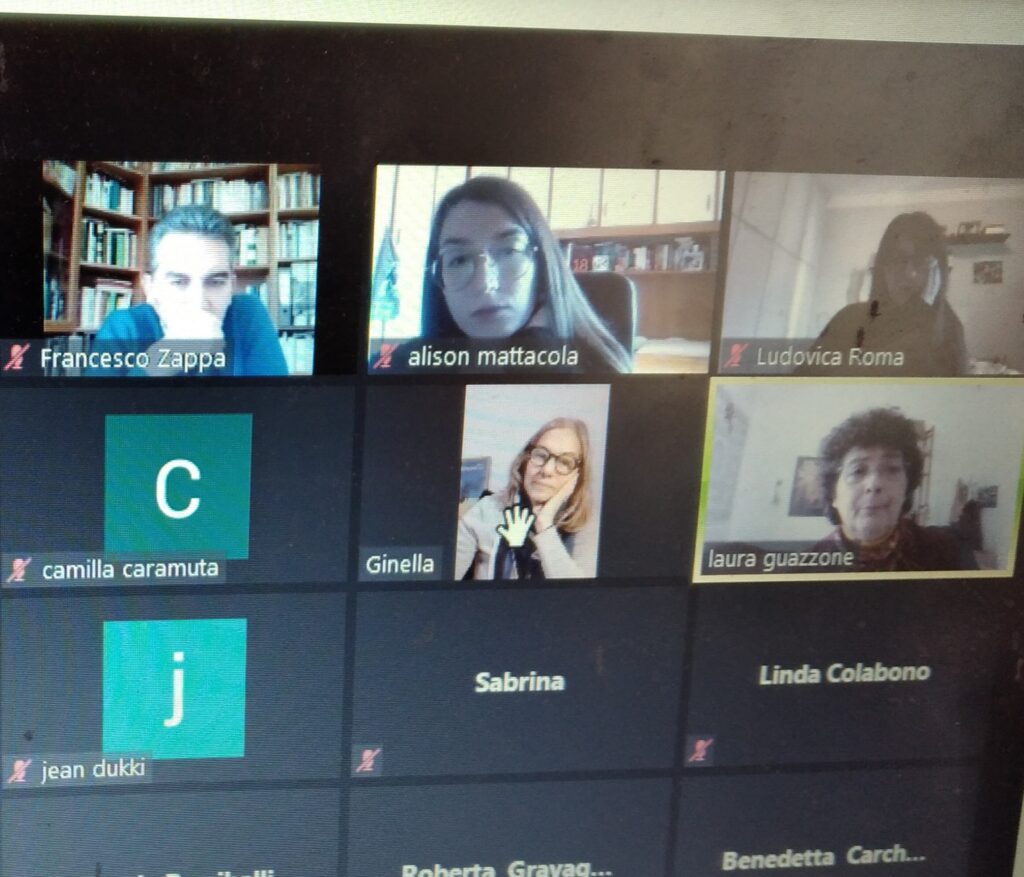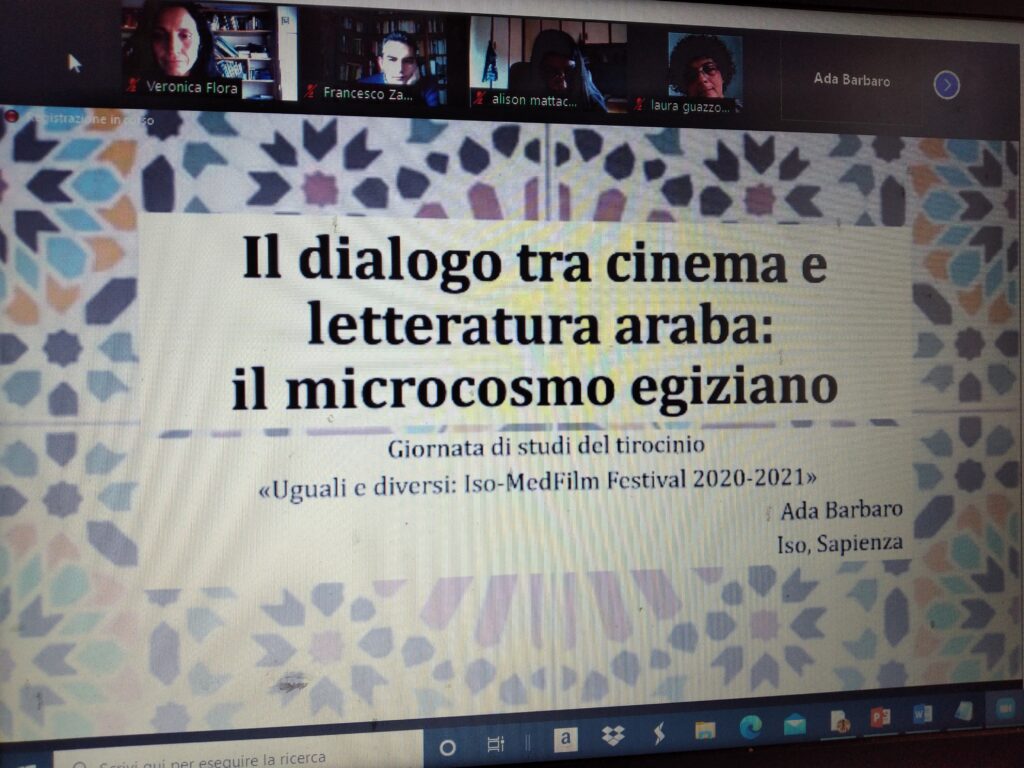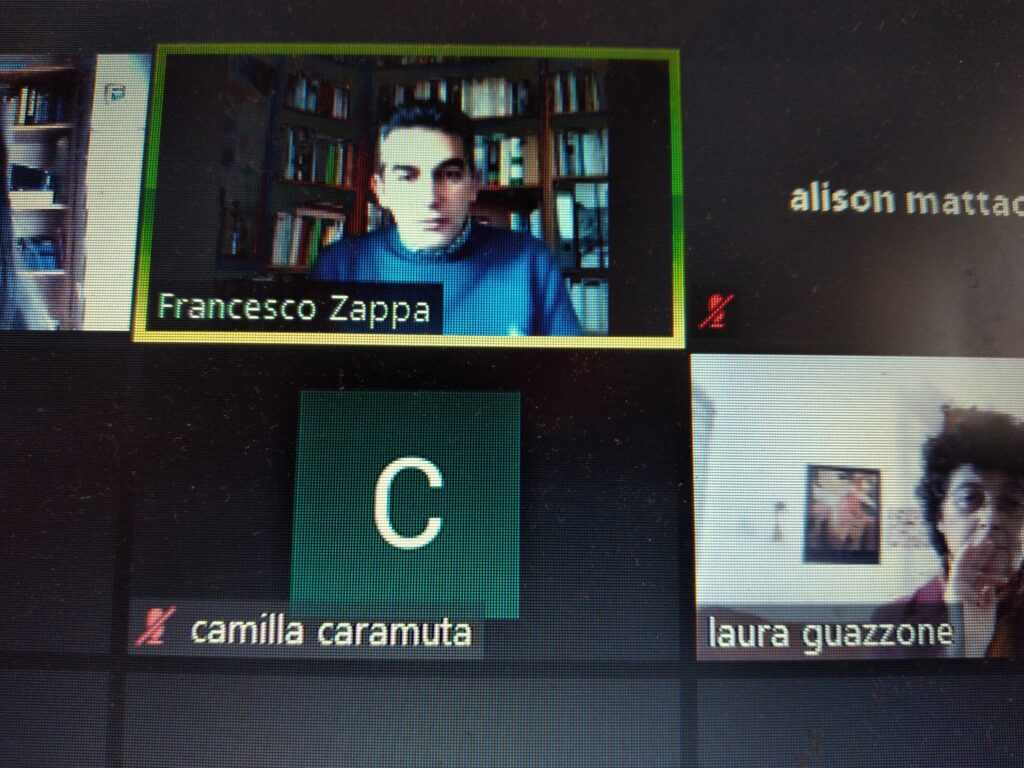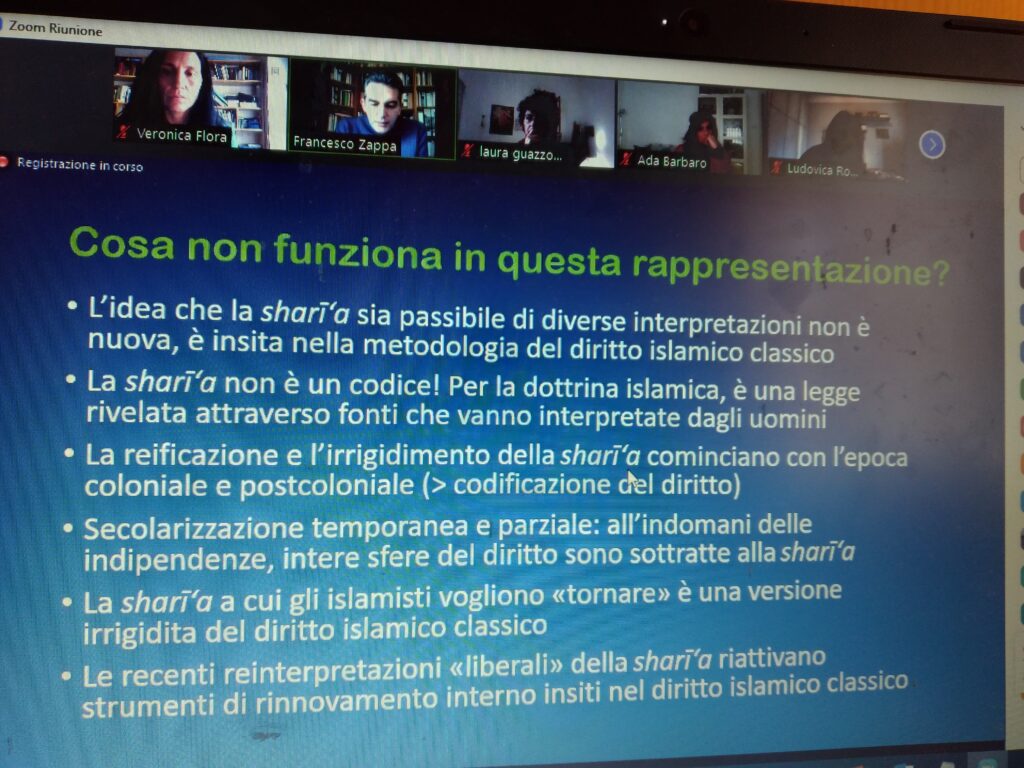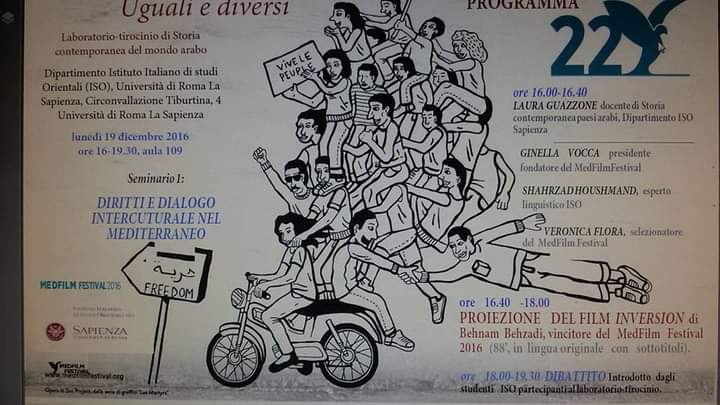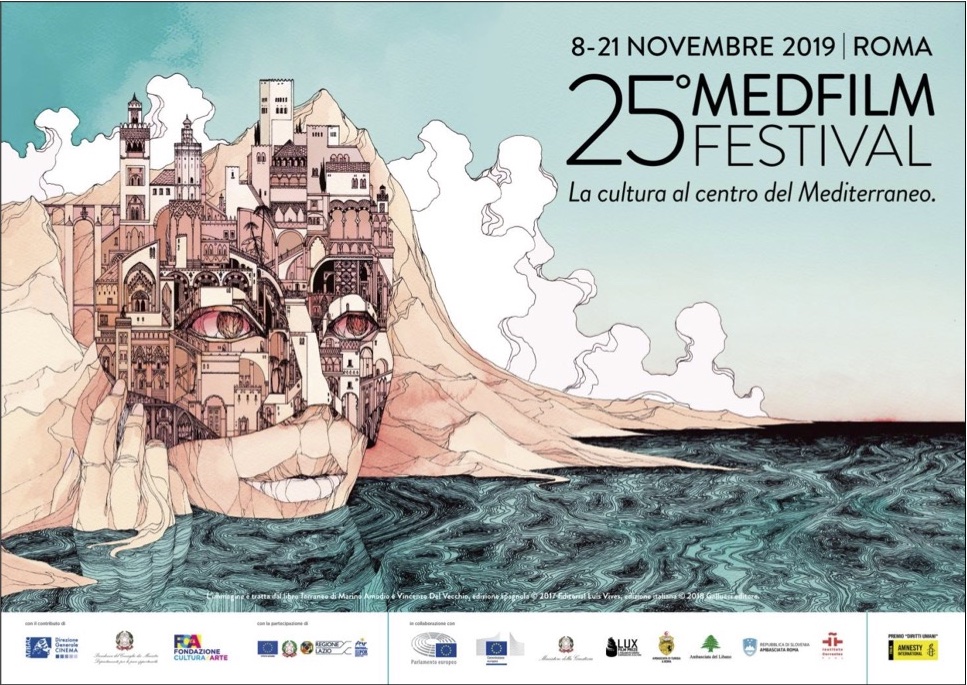“Mi trovo spesso a disagio con il sostantivo cultura…… Se penso alla ragione di ciò mi rendo conto che gran parte del disagio dovuto al sostantivo ha a che fare con il preconcetto che la cultura sia un qualche oggetto, una cosa o una sostanza, fisica o metafisica. Questa sostanziazione sembra riportare la cultura entro lo spazio discorsivo della razza, e cioè proprio entro quell’ idea per contrastare la quale era stata in origine concepita. Se implica una sostanza mentale, il sostantivo cultura privilegia di fatto quell’idea di condivisione, accordo e compiutezza che contrasta fortemente con quel che sappiamo sui dislivelli di conoscenza e sul prestigio differenziale degli stili di vita e distoglie l’attenzione dalle concezioni e dall’azione di coloro che sono emarginati e dominati. Se è invece vista come una sostanza fisica, la cultura comincia allora a puzzare di qualche varietà di biologismo, inclusa la razza, che abbiamo sicuramente superato come categorie scientifiche”.
Arjun Appadurai, Antropologo, Professore di Media, Culture and Communication alla New York University
Cos’è il laboratorio
(a cura di Laura Guazzone, Professoressa di Storia Contemporanea del mondo arabo; Ada Barbaro, Professoressa di Letteratura contemporanea del mondo arabo; Francesco Zappa, Professore di Islamistica)
L’obiettivo del laboratorio è stimolare e migliorare le capacità di riflessione e dibattito dei tirocinanti sulle opere viste durante l’esperienza come membri della Giuria Universitaria del MedFilm Festival in relazione ai temi affrontati nel tirocinio. Il laboratorio si è svolto in un incontro online che si è svolto dalle 10 alle 13 dell’11 febbraio 2022 sulla piattaforma Zoom. Il laboratorio è stato diviso in tre sezioni tematiche denominate “focus”.
FOCUS TEMATICI:
1. Cultura e identità nel Mediterraneo > Letture di Ugo Fabietti, Alessia Melcangi, Francesco Remotti, Marco Antonio Pirrone.
2. Cinema, letteratura e questioni di genere nel Mediterraneo > Letture di Veronica Flora, Aldo Nicosia, Marco Antonio Pirrone, Olga Solombrino.
3. Diritti umani e islam nel Mediterraneo > Letture di Abdullahi Ahmed An-Na’im, Marco Antonio Pirrone, Francesco Zappa.
Come si svolge il laboratorio
Ciascuno studente sarà “oratore” in uno dei tre focus, a sua scelta, e “commentatore” negli altri due. In ogni focus ciascun “oratore” ha illustrato al gruppo il proprio discorso attraverso il supporto di slides, il proprio personale percorso di collegamento culturale tra i temi del focus approfonditi nelle letture assegnate e le opere di cui è stato spettatore nel MedFilm Festival. Al termine di tutte le presentazioni di ciascun focus, i commentatori hanno espresso brevemente i propri commenti (di accordo o disaccordo) sulle presentazioni degli “oratori” e analizzato insieme in che modo i film o i documentari visti al MedFilm Festival hanno affrontato/interpretato gli argomenti dei focus nella prospettiva delle analisi delle letture proposte.
“(…) Cosa c’è dopo avere sostenuto (l’ho fatto nel libro L’ossessione identitaria del 2010) che l’identità è un mito, è un mito pernicioso, un mito di cui ci si può liberare? Cosa c’è al posto delle identità? Al posto delle identità sono affiorate le somiglianze. Non è che prima non ci fossero: semplicemente erano tenute nascoste dalle identità, dalla politica delle identità. Le identità tagliano via le somiglianze, le negano (i nazisti negavano qualunque somiglianza con gli ebrei, gli hutu con i tutsi e così via). Ma se ci si libera del pensiero identitario, le somiglianze — dotate di resilienza — riaffiorano. Ho dedicato un libro alle Somiglianze per rendermi conto che esse non sono soltanto in superficie: sono in profondità, perché coincidono con i legami che connettono le varie cose del mondo, compresi i “noi”, compresi i noi identitari. Riconoscere le somiglianze significa aprire una via per la convivenza. Il percorso è poi tutto ancora da compiere (…)”
(estratto da Intervista all’antropologo Francesco Remotti, professore emerito all’Università di Torino, a cura di Daniela Monti)
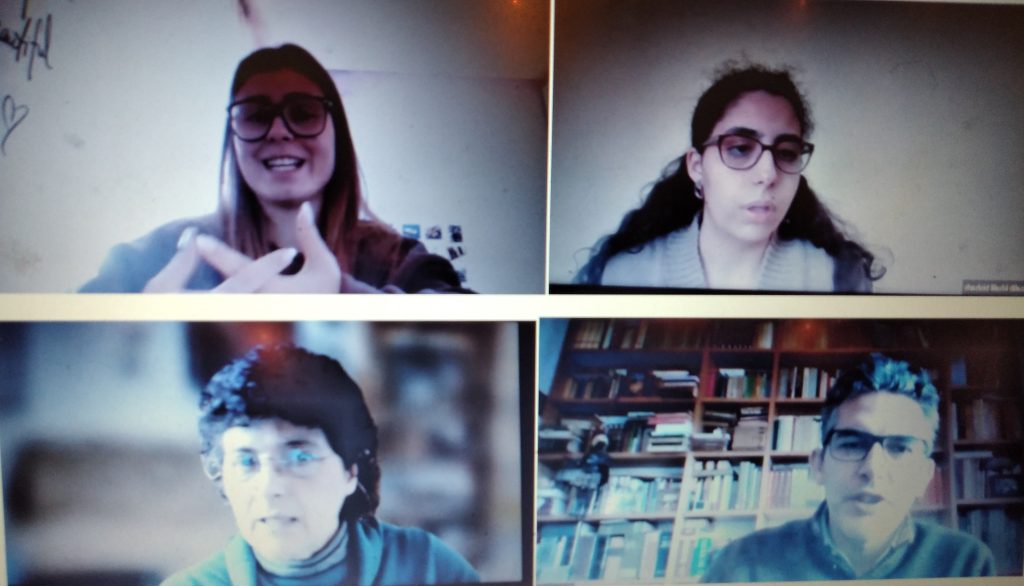
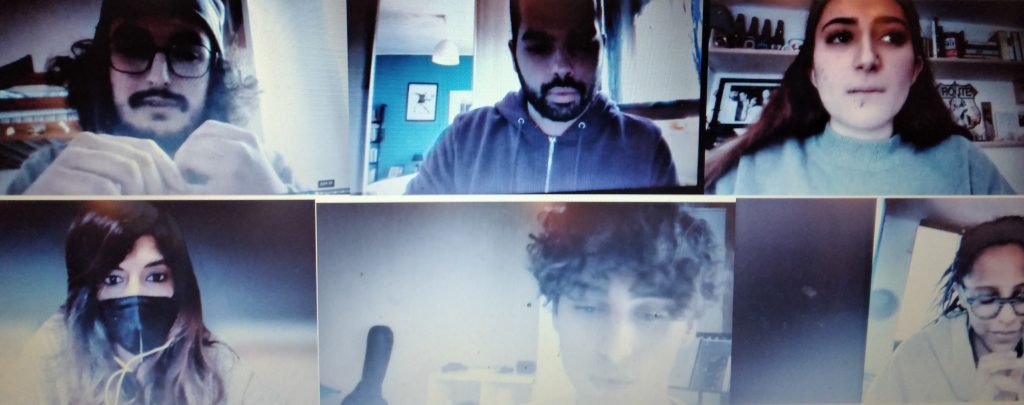
Professoressa Ada Barbaro, Studentesse e Studenti del tirocinio
«(…) L’universalità deve essere costruita attraverso l’idea di consenso progressivo. Per raggiungerlo è necessario tener conto delle relazioni di potere. Questo vale per ogni tipo di universalismo, non solo
per le fedi (…) Il mio scopo è creare consapevolezza della necessità di ricorrere a forme alternative di potere come le istituzioni internazionali. Non lasciare che gli stati si risolvano le questioni fra di loro ma coinvolgere tutta l’umanità… mi sembra che le due cose siano parecchio diverse. Per parlare di dialogo interreligioso, tolleranza e rispetto e per praticarli, servono istituzioni e sistemi normativi. Finché restano il tentativo di singoli, non hanno possibilità di riuscita, ma se si lavora insieme, non si penserà più in termini di quello che l’altro vuole estorcermi o impormi, ma in termini di comunità umana (…)» (da Diritti umani tra potere duro e potere morbido di Abdullahi Ahmed An-Na’im)

